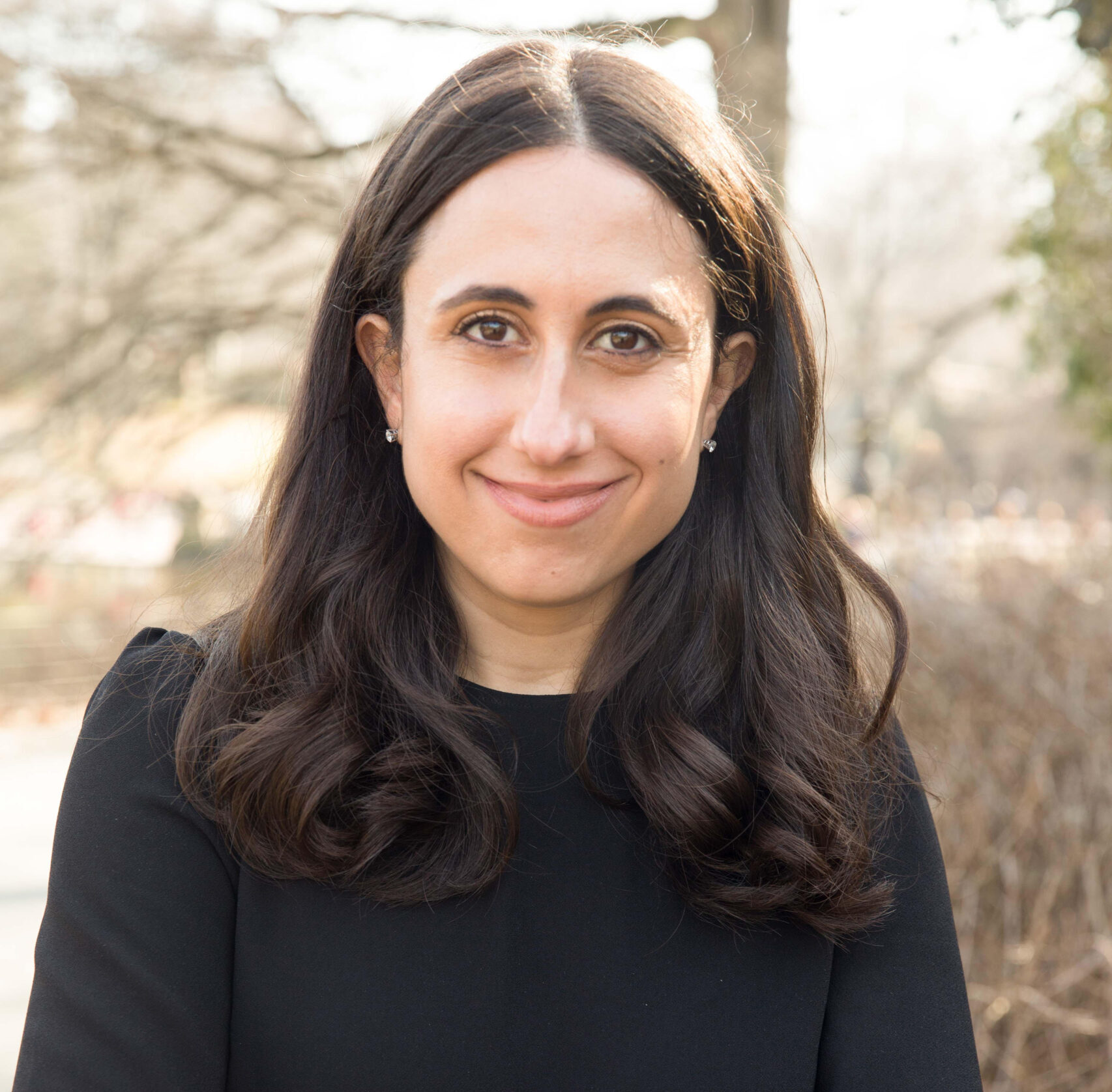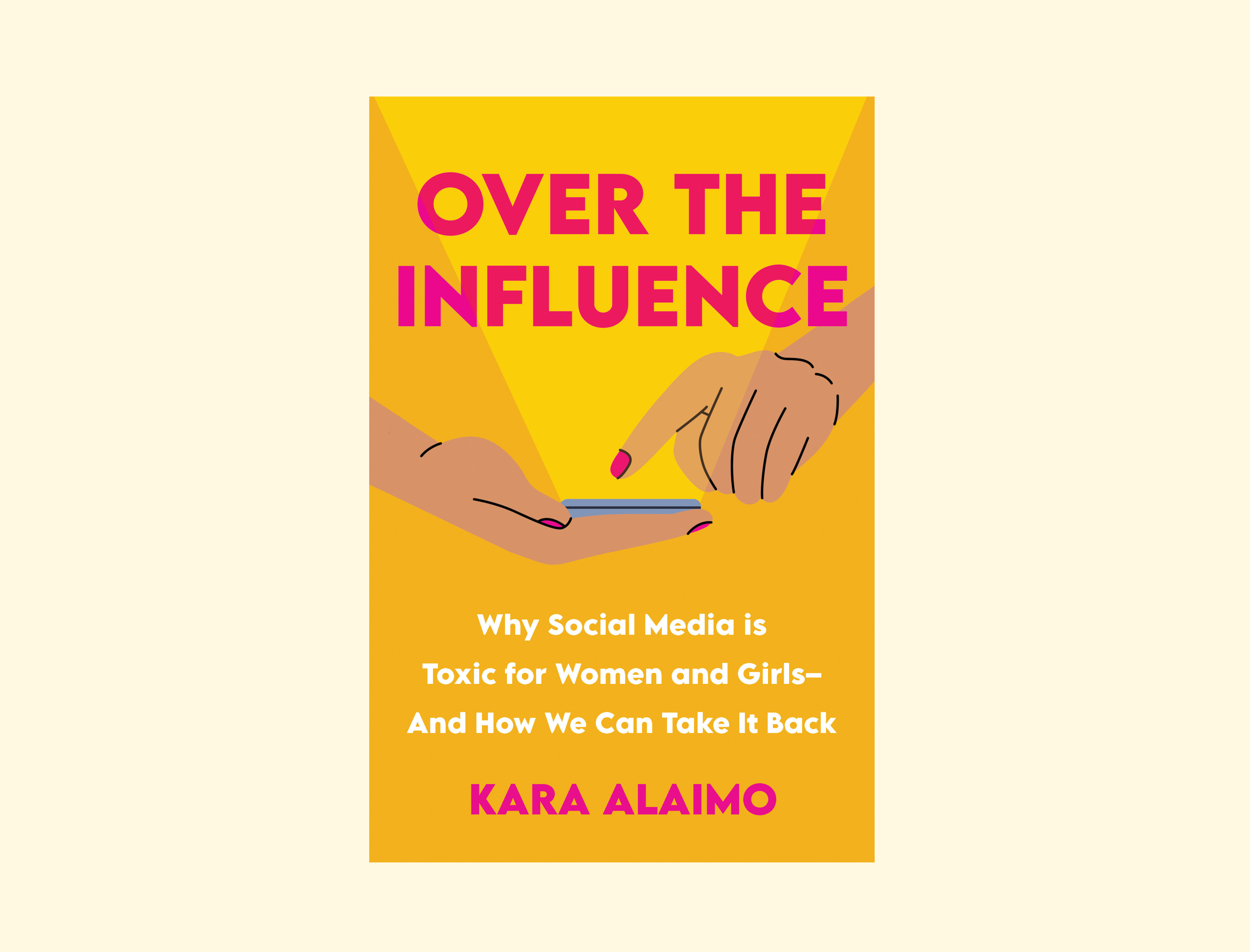March 8 is International Women’s Day, which should prompt us all to think about how women and girls are being treated in our society and how we can empower ourselves and one another. As a professor of communication, I’m especially interested in the experiences we are all having online.
When I became a mom, I was inspired to write a book about how social media is impacting the lives of women and girls in order to understand how I could help my own daughters use social media in healthy ways and avoid the dangers they’ll face online. The book, “Over the Influence: Why Social Media is Toxic for Women and Girls – And How We Can Take It Back,” will be published on March 5.
As part of my research, I interviewed diverse women, girls, and nonbinary people across the country about their experiences using social media. I also interviewed leading experts on social media and mental health. Here are a few of the tips I learned for how we can channel kindness, avoid harm, and empower ourselves and others on social apps:
1) We all know there are lots of trolls online – and they especially target women and girls and people of color. Don’t feed them! When we see someone post something hateful, we might feel tempted to respond by telling them why they’re wrong and out of bounds. But the problem is that social networks’ algorithms are programmed to show people posts that get a lot of engagement (meaning likes, re-posts, or comments), so if we engage with this kind of content, we might inadvertently help promote it. And, of course, the victim of the abuse may not want it to get a higher profile. So it’s usually best not to respond directly to the post.
2) Most mainstream social platforms post community standards, which are the rules users are required to follow on their apps. Most social networks also allow people to report posts that violate their standards. If you see a post that violates the rules, you should report it to the app so the company can take it down and even consider banning the person who posted it.
3) If you see someone being unfairly attacked online, a good way to respond is with so-called “positive slamming.” Rather than calling attention to the abuse, you can post on social media to compliment the person on something else – or share the victim’s public posts in order to boost her profile.
4) Don’t share intimate images online – it’s too dangerous. If you’re a minor, you could be prosecuted for producing child pornography (yes, of yourself). Or the images could be hacked and put online. Or your relationship with the person you shared them with could change and the person could decide to share them without your consent. Or the person you’re sending them to could actually be a professional “sextortionist” – someone who will try to establish an emotional relationship and trust with you online, convince you to share sexual content, then threaten to release it publicly unless you send them lots of money. It’s just not worth the risk.
5) Think carefully about what content you follow, consume, and share on social media. When you see toxic content – like “fitspiration” posts that can promote eating disorders and body dissatisfaction – just ignore it. A big message of my book is that if we all re-thought who we follow and what we share on social media to focus on amplifying content on issues that affect our lives and posts by people who have a positive impact on others, we could radically improve our lives – both online and off.
If you’re interested in continuing this conversation, I’ll be speaking at events across the country as part of my book launch. Click here to find an online or in-person event, and here to read more about my book, “Over the Influence: Why Social Media is Toxic for Women and Girls – And How We Can Take it Back.”





















